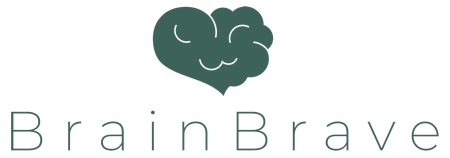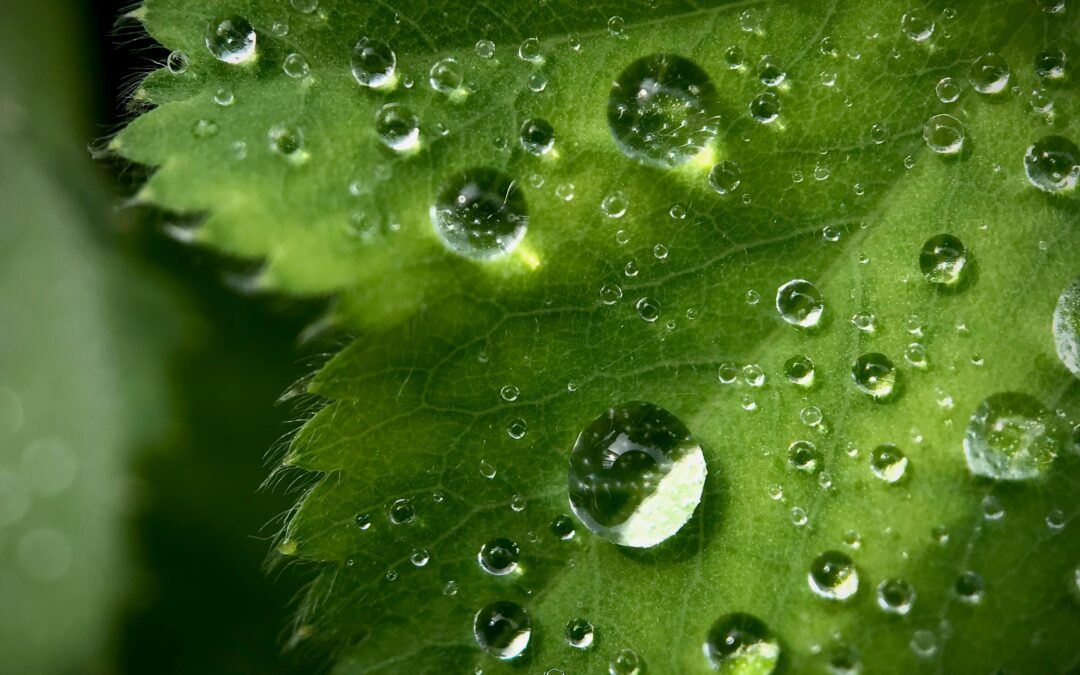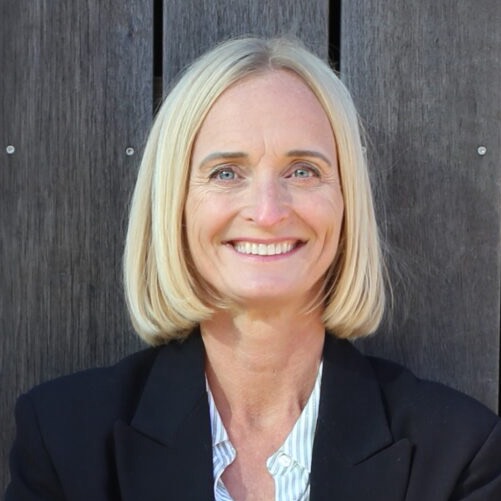When I suffered a concussion, my children were 7 and 9 years old. They were used to a mom who was always on the go, a mom who played soccer and tennis with them in the backyard, played games, cooked, accompanied them to school, read books, and so on. And then – from one day to the next – I couldn’t do anything. I was sad, resigned, drained of energy, and prone to tears. I was in pain. In grief. It was impossible to “shield them,” and it weighed on me. I had a constant guilty conscience. “Ask dad” was probably the answer they most often received when they asked me something. I couldn’t handle anything and had to take a lot of “Rikke time.” I announced that I needed a break.


